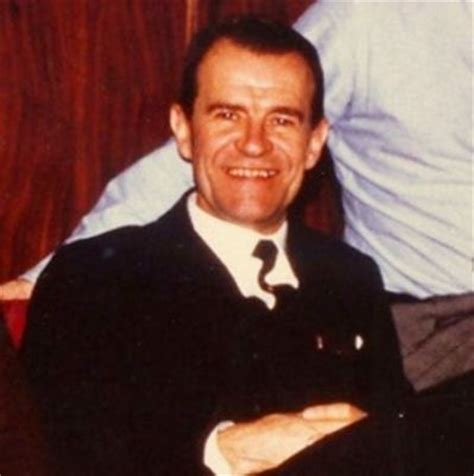A Quote by Carlo M. Cipolla
Our daily life is mostly, made of cases in which we lose money and/or time and/or energy and/or appetite, cheerfulness and good health because of the improbable action of some preposterous creature who has nothing to gain and indeed gains nothing from causing us embarrassment, difficulties or harm. Nobody knows, understands or can possibly explain why that preposterous creature does what he does. In fact there is no explanation - or better there is only one explanation: the person in question is stupid.
Quote Topics
Action
Appetite
Because
Better
Cases
Causing
Cheerfulness
Creature
Daily
Daily Life
Difficulties
Does
Embarrassment
Energy
Explain
Explanation
Fact
Gain
Gains
Good
Good Health
Harm
Health
Improbable
In Fact
Indeed
Knows
Life
Life Is
Lose
Made
Money
Mostly
Nobody
Nobody Knows
Nothing
Only
Our
Person
Possibly
Question
Some
Stupid
Time
Understands
Us
Which
Why
Related Quotes
Someone once said that if you sat a million monkeys at a million typewriters for a million years, one of them would eventually type out all of Hamlet by chance. But when we find the text of Hamlet, we don't wonder whether it came from chance and monkeys. Why then does the atheist use that incredibly improbable explanation for the universe? Clearly, because it is his only chance of remaining an atheist. At this point we need a psychological explanation of the atheist rather than a logical explanation of the universe.
Intelligent people know they are intelligent. They also know that one person cannot know all, hence a person is not stupid simply because he is ignorant of one thing or another. They know that, to another intelligent person, they will not appear stupid in asking for an explanation of what they do not know, and so their ignorance on any particular issue does not become an embarrassment.
The argument from design is ultimately an appeal to miraculous causes, i.e., causes that do not, and cannot, occur in the natural course of events. This is why an explanation via design is not a legitimate alternative to scientific and other naturalistic modes of explanation. To refer to a miraculous cause is to refer to something that is inherently unknowable, and this sanctuary of ignorance explains nothing at all. However much it may soothe the imagination of the ignorant, it does nothing to satisfy the understanding of a rational person.
We have this desire for everything to be explained to us. But if you go through your daily actions, very little ends up having a written-down explanation for why things happen, or why people do specific things. So it made sense to me to reflect the human condition that not every action has an explanation. We act, and then later maybe come to an understanding about it, or maybe not.
Why are there organized beings? Why is there something rather than nothing? Here again, I fully understand a scientist who refuses to ask it. He is welcome to tell me that the question does not make sense. Scientifically speaking, it does not. Metaphysically speaking, however, it does. Science can account for many things in the world; it may some day account for all that which the world of phenomena actually is. But why anything at all is, or exists, science knows not, precisely because it cannot even ask the question.
Forgiveness does not mean that we have to continue to relate to those who have done us harm. In some cases the best practice may be to end our connection, to never speak to or be with a harmful person again. Sometimes in the process of forgiveness a person who hurts or betrayed us may wish to make amends, but even this does not require us to put ourselves in the way of further harm.
And finally remember that nothing harms him who is really a citizen, which does not harm the state; nor yet does anything harm the state which does not harm law [order]; and of these things which are called misfortunes not one harms law. What then does not harm law does not harm either state or citizen.
It's this expandable capacity to represent reasons that we have that gives us a soul. But what's it made of? It's made of neurons. It's made of lots of tiny robots. And we can actually explain the structure and operation of that kind of soul, whereas an eternal, immortal, immaterial soul is just a metaphysical rug under which you sweep your embarrassment for not having any explanation.
































